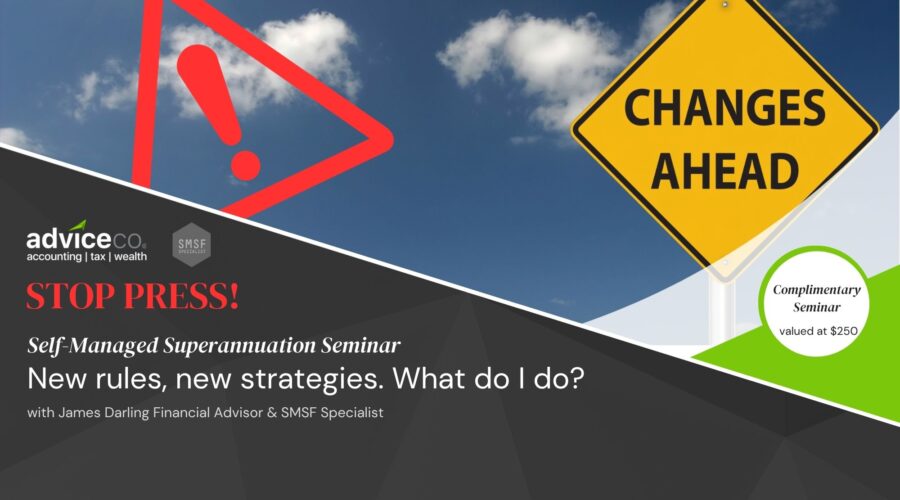Selling up your business? Don’t forget the “going concern” GST exemption Posted on October 9, 2018

The sale of a business may be GST exempt if the enterprise is deemed to be a “going concern” – which refers to an enterprise’s ability to continue trading. The ATO (and the GST legislation itself) says a supply of a going concern occurs when:
-
“a business is sold, and that sale includes all of the things that are necessary for the business to continue operating,” and
-
the business is carried on, “up until the day of sale”.
The GST exemption has its advantages – a buyer of a business does not have to find extra funds to cover GST that is added to the purchase price. And while the buyer is entitled to get the tax back via the input tax credit system, this cannot happen until some time after the completion of the transaction. It also must be remembered that while the GST is eventually refunded, any stamp duty payable on the sale of a business will include the amount for GST.
What are the requirements for the exemption?
Business owners may be aware of the existence of a GST exemption but not completely understand the way it operates. The GST legislation says that the sale of a going concern will be GST-free if:
-
the sale is “for consideration”
-
the purchaser “is registered, or required to be registered” for GST, and
-
“the supplier and the recipient have agreed, in writing, that the supply is of a going concern”.
The sale of business contract will usually specify that the business (that is, the “supply”) is a going concern when the contracts are exchanged. This is critical, because it shows that all parties to the sale acknowledge that the business is a going concern.
A vendor is required to supply “all of the things that are necessary” for the continued operation of the enterprise. This does not mean everything that is owned by the business. It does however mean those things without which the enterprise could not function. Generally, this includes the necessary assets such as premises, plant and equipment and customer contacts. It can also include arrangements such as ongoing advertising.
The legislation requires the vendor to carry on the business “up until the day of sale”, with it deemed to be transferred on the date on which “effective control and possession” of the business is handed over to the buyer. While this date generally refers to the settlement date, “the date of sale” may occur before or after the settlement date. Importantly, there is no requirement for the purchaser to actually continue carrying on the business.
The tax liability risk (in case the ATO does not view the sale as a supply of a “going concern”) ultimately lies with the seller, as it is the “supplier” in any transaction that is required to remit GST to the ATO.
Some vendors seek to avoid this tax liability risk related to the business by including a clause in the sale contract requiring the buyer to indemnify the vendor for any GST that may be payable in the event that the ATO does not view the transaction as one of a going concern.





